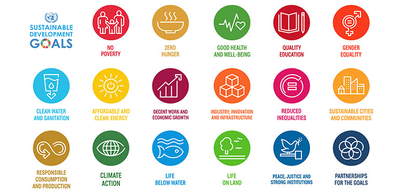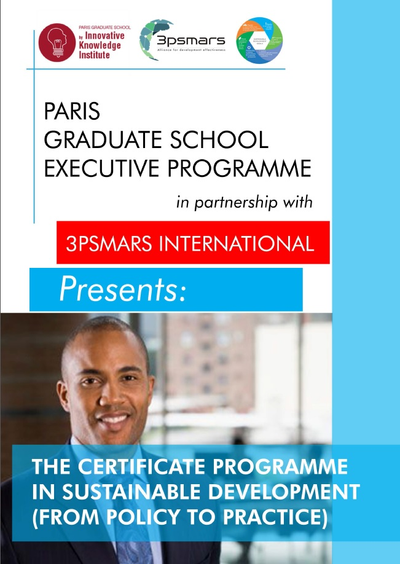The outcome document of the UN’s Rio+20 Conference demonstrates many positive developments in the international community’s understanding of and approach to development. In recognising that “people are at the centre of sustainable development” (article 6) and that there is a need for “holistic and integrated approaches to sustainable development” (40), focus is put on human development. The very recognition “that there are different approaches, visions, models and tools available to each country” (56) represents positive steps being taken towards a more humanistic, flexible approach to development and helps to pave the way for the recognition of culture as an important factor in creating appropriate, and therefore effective, development programmes.
The outcome document itself mentions culture in a number of paragraphs. The most significant reference to culture is in support of the importance of cultural diversity; “We acknowledge the natural and cultural diversity of the world and recognize that all cultures and civilizations can contribute to sustainable development” (41). But there is also recognition of the relationship between people, their ecosystems and their cultural heritage (30); the importance of investing in cultural tourism (130 and 131); “the need for conservation as appropriate of the natural and cultural heritage of human settlements, the revitalization of historic districts, and the rehabilitation of city centers” (134); and the important relationship between culture and biodiversity was also affirmed (197).
In addition Rio+20 recognized that “indigenous peoples and local communities,…have developed sustainable uses of…resources” (211,109,197), as well as the importance of “avoiding endangering their [Indigenous Peoples’] cultural heritage” (58j).
Although there is still much work to be done on fully integrating culture into the international development policies, Rio+20 has been an important step in mainstreaming the role of culture. We now need to build on this progress to ensure culture’s ability to support truly sustainable development is fully harnessed by all and that culture is a key part of the post-2015 development framework.





